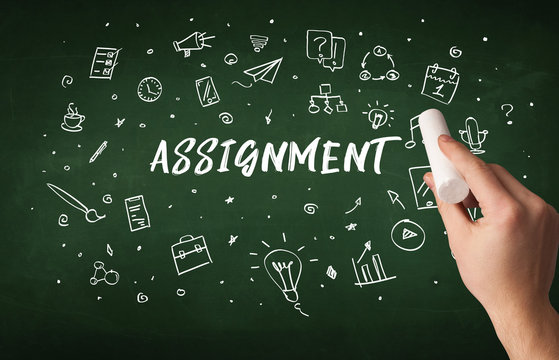Redox Reactions Simplified: Strategies to Master Oxidation-Reduction in Exams
Introduction :
Redox reactions, governing electron transfer in chemical processes, stand as fundamental concepts in chemistry exams. Understanding oxidation-reduction reactions is pivotal, as they underpin various chemical transformations and form the basis of numerous industrial applications. In exams, a comprehensive grasp of redox reactions is essential, as they often constitute a significant portion of chemistry assessments. In this comprehensive guide, we’ll explore strategies tailored for mastering oxidation-reduction concepts in chemistry exams. By unraveling the complexities of redox reactions and implementing effective study methods, every chemistry test taker or chemistry test taker can enhance their proficiency and confidence in handling redox-related exam questions.
Section 1: Strategies for Mastering Redox Concepts
Understanding redox reactions demands a structured approach. Here’s a breakdown of effective strategies:
1. Grasp Basic Redox Principles:
Emphasize understanding the basics of oxidation, reduction, oxidation numbers, and electron transfer in redox reactions.
2. Balance Redox Equations:
Practice balancing redox equations using various methods like oxidation number, half-reaction, or ion-electron methods to solidify the understanding.
3. Identify Redox Reactions:
Learn to identify redox reactions among various chemical reactions, distinguishing between oxidizing and reducing agents.
4. Understand Applications:
Explore real-life applications of redox reactions in fields like electrochemistry, corrosion prevention, and industrial processes to grasp their practical significance.
Section 2: Effective Exam Preparation Techniques
Preparing for chemistry exams focusing on redox reactions requires specific approaches. Here are strategies for efficient preparation:
1. Practice with Diverse Problems:
Engage in solving a variety of redox reaction problems, including balancing equations, identifying types of reactions, and calculating oxidation numbers.
2. Conceptual Understanding:
Focus on understanding the underlying principles rather than memorization, emphasizing electron transfer, oxidation states, and reaction types.
3. Utilize Mnemonics and Visual Aids:
Employ mnemonic devices or visual aids like diagrams and charts to simplify and remember key concepts, reactions, and rules in redox reactions.
4. Review and Self-Assessment:
Regularly review concepts and test yourself with practice quizzes or past exam questions to assess your understanding and identify weak areas for improvement.
Fast Cramming Techniques for Redox Reactions Exams
When time is limited, efficient cramming methods can aid in quick absorption of essential redox reaction concepts. Here’s an approach:
1. Focus on Key Concepts:
Identify and concentrate on essential topics such as oxidation, reduction, oxidizing and reducing agents, and balancing redox equations for concentrated study.
2. Summary Notes or Flashcards:
Create concise summaries or flashcards highlighting crucial formulas, definitions, and key points to aid in quick review and retention.
3. Problem-Solving Drills:
Focus on solving practice problems targeting different aspects of redox reactions, including balancing complex equations and identifying species undergoing oxidation or reduction.
4. Last-Minute Concept Reviews:
Dedicate short, focused study sessions before the exam to quickly review and reinforce crucial concepts and reactions related to redox reactions.
Conclusion
Mastering redox reactions is integral to excelling in chemistry exams. In this guide, we’ve explored strategies designed to enhance understanding and retention of oxidation-reduction concepts. By focusing on foundational principles, practicing diverse problems, utilizing mnemonic aids, and employing efficient cramming techniques, every chemistry test taker or “chemistry test taker” can boost their confidence and proficiency in handling redox reactions in exams.Remember, a solid grasp of redox concepts, continuous practice, and effective study methods contribute significantly to success in chemistry exams, particularly in understanding and solving problems related to redox reactions.



